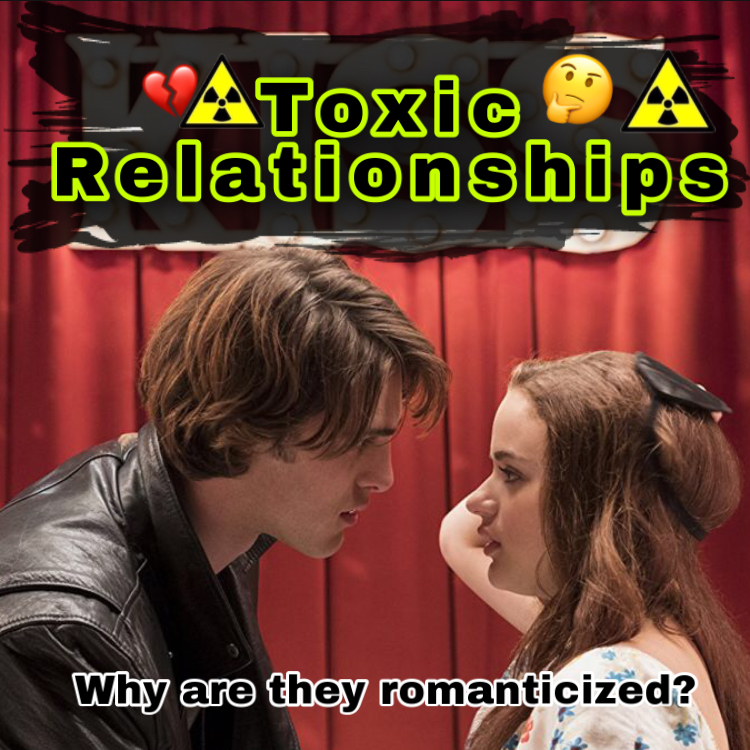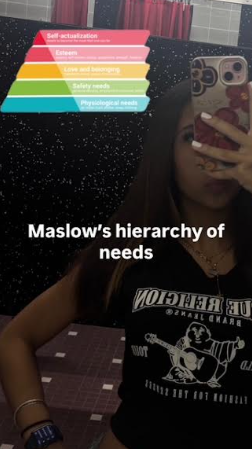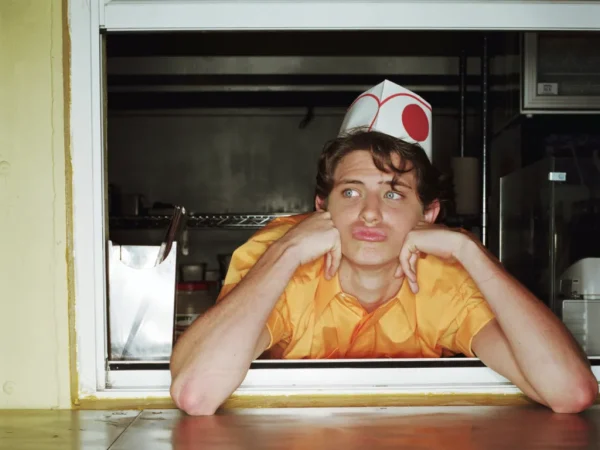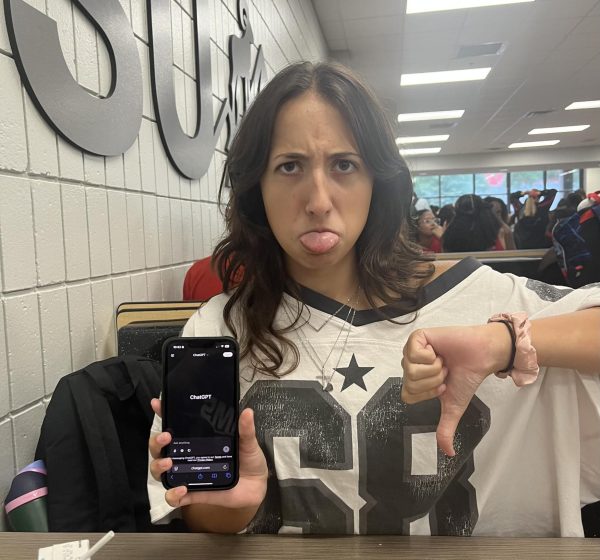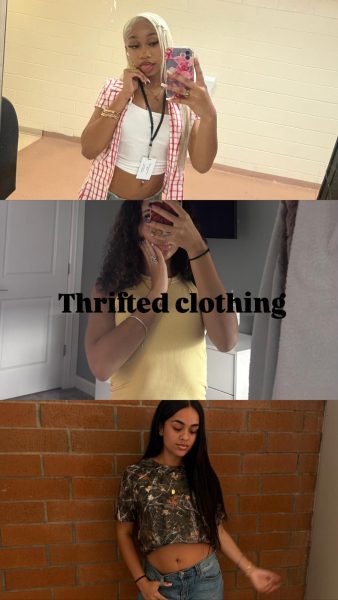Romanticizing Toxic Relationships
Toxic relationships have become a common trope in today’s media. A toxic relationship is based of behaviors that are emotionally and/or physically damaging to those in the relationship. In other words, they are relationships that consist of repetitively harmful behaviors. For instance, these behaviors can range from gas lighting and lying all the way to verbal abuse.
Despite this fact, people seem to look up to these types of relationships. Some may even seek after one that exhibits these toxic behaviors. This brings up an important question. Why do people romanticize these relationships so heavily? And does this have any negative effects on the viewers?
Two students commented their thoughts on the matter:
“I think toxic relationships are romanticized to create drama and give conflict within the story.”
“I think movies and books romanticize toxic relationships because it adds to the drama of the story and keeps viewers or readers invested in the story. It is definitely harmful to audiences especially if nothing is done to fix the relationship as it creates a false narrative that the relationship is good.”
Romanticizing problems and the effects
The main reason why people romanticize these relationships is the movie industry and popular media in general. Currently, there’s a large amount of movies that target teenagers and young adults which highlight toxic relationships. Among these movies, we can see movies like After or The Kissing Booth. These relationships uphold traits such as jealousy, lying and deceit.
This is a problem as the young audience can develop a skewed perspective on how relationships should work. They may think that relationships that flaunt these traits are suddenly fine, which may cause them to ignore toxic tendencies in their future partners.
The movie industry and books are also a perpetrators in spreading the popularized trope of the ‘bad boy’. ‘Bad boy’ characters are usually brooding and rebellious, with a tendency to exhibit extremely negative traits. Despite having extremely negative traits, these characters still seem to come off as attractive and charismatic, causing people to romanticize them. Movies and books glorify them to an extreme extent, considering the endless amount of works with this type of character. These characters also correlate to toxic relationships as they tend to be romantic interests in many movies, contributing to the spread of the appeal.
Pairings between bad boys and innocent characters are fairly common. This is problematic as a new concept surges, which is ‘fixing your partner’ While one person preys on their partner’s naivety, the partner attempt to correct their behavior. The perpetrators themselves are the only ones responsible for their problematic behavior. People should not be responsible for fixing their partner’s negative traits. This usually promotes the idea that one must remain in a toxic relationship and try to make it work, when it is best to either vacate it or work on the problems together.
Proper application
The representation of toxic relationships on screen isn’t necessarily bad. Toxic relationships can provide essential conflict and drama in a story. If these relationships are represented properly, it may show the audience that toxicity should not be desired in a partner instead of painting it in a pretty and desirable manner. Proper depiction is important as it helps reduce the desire over these toxic behaviors once presented realistically and not in a romantic manner.
Conclusion
Toxic relationships provide certain plot points and drama to stories. As long as these unhealthy relationships aren’t glorified, it is perfectly fine to show them on screen. The problem comes when movies and books attempt to paint these relationships is an appealing light.



